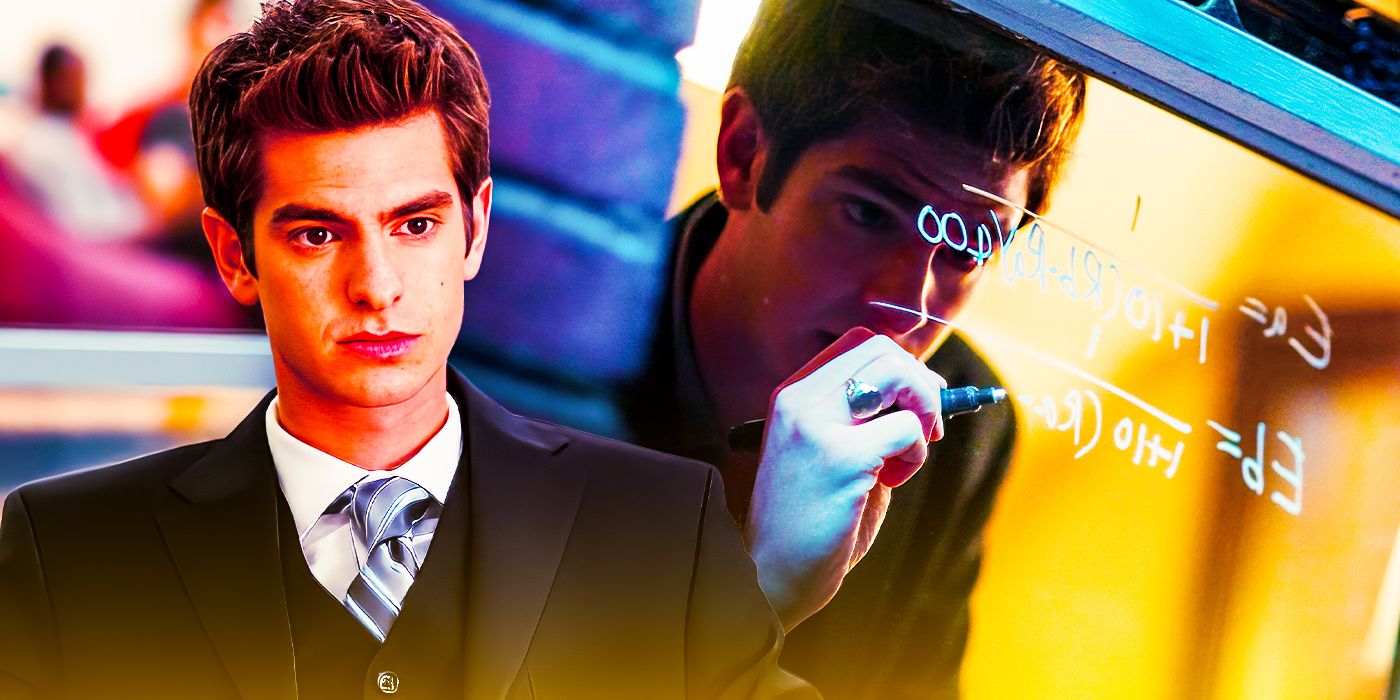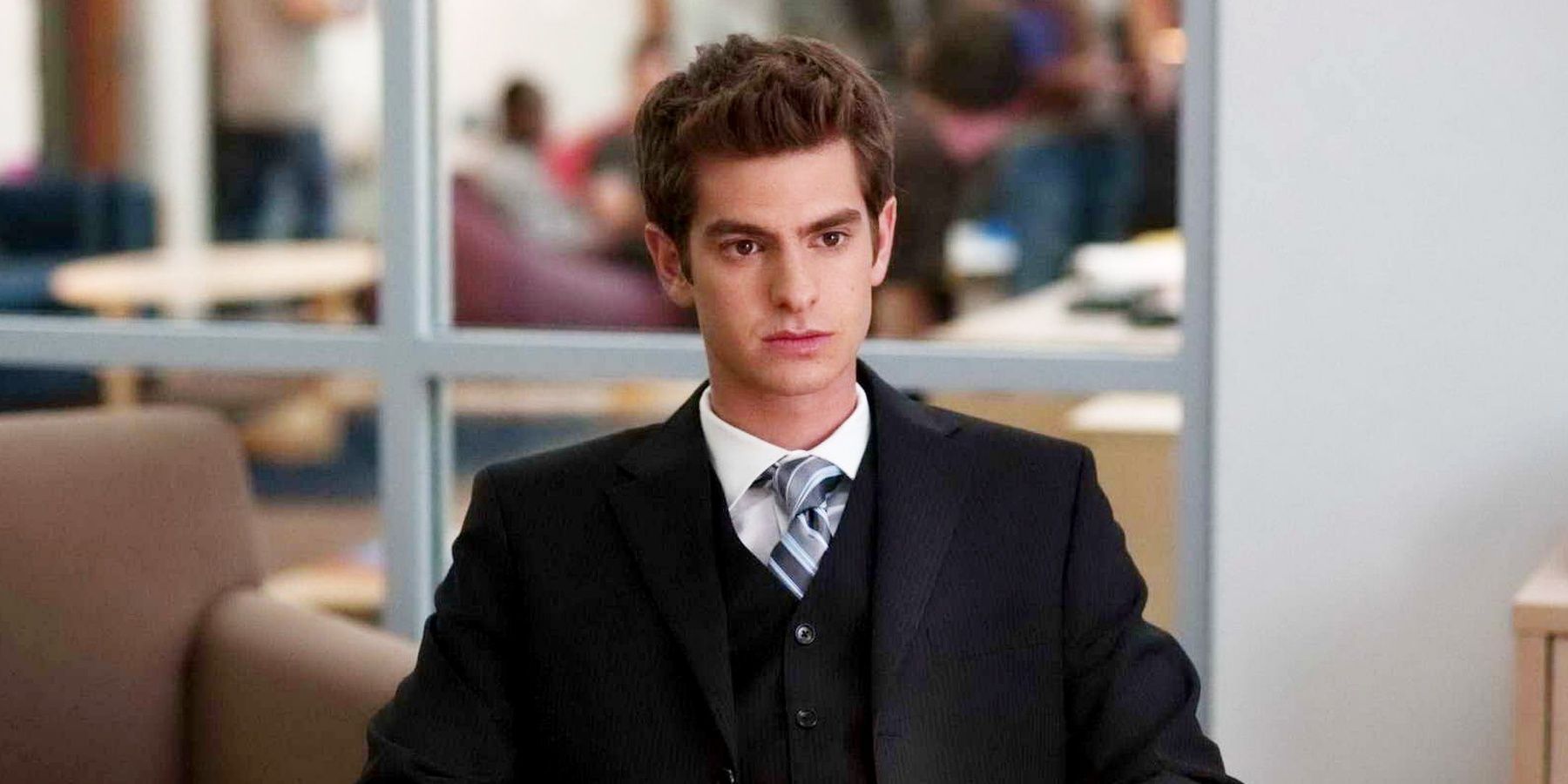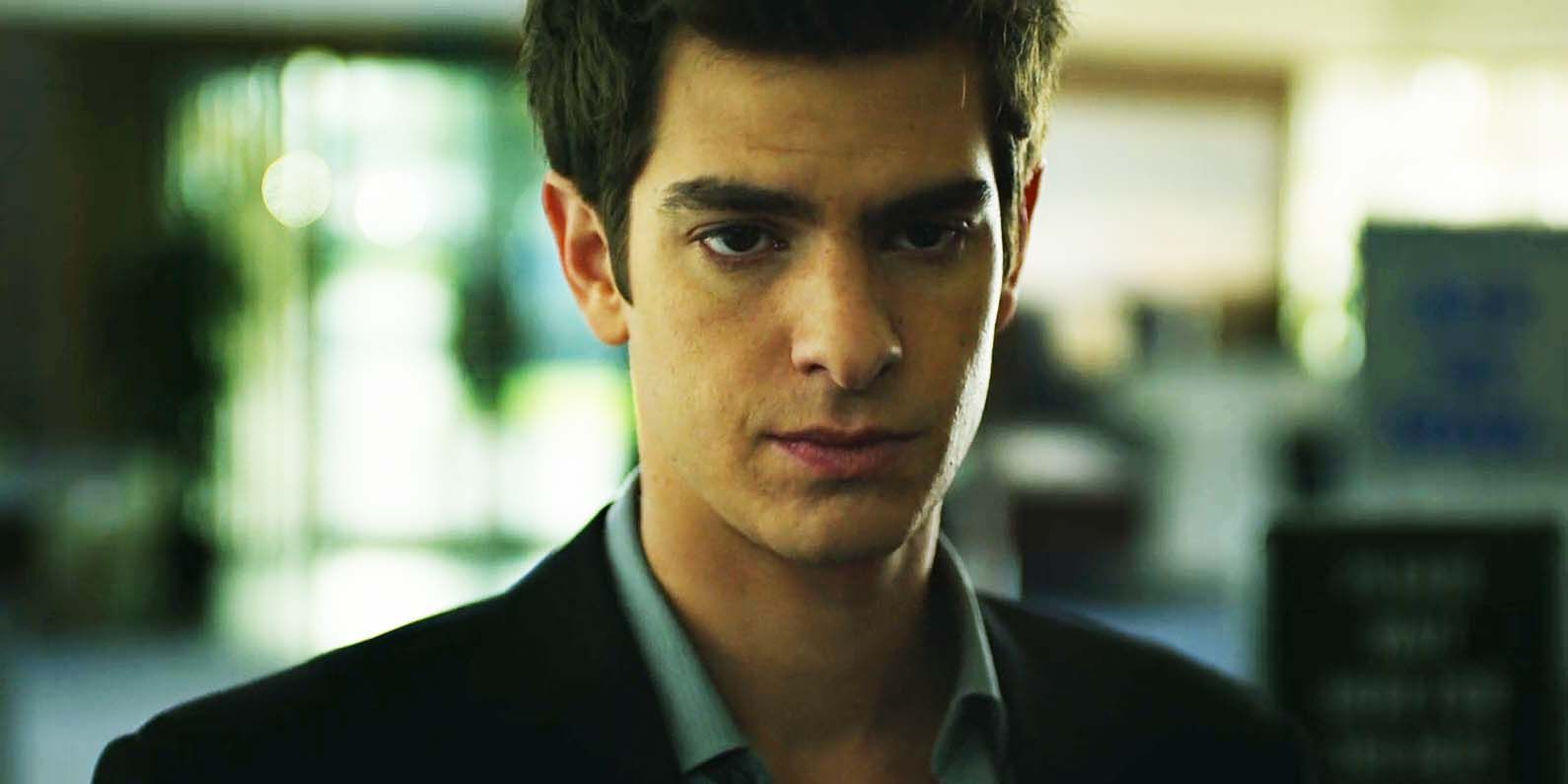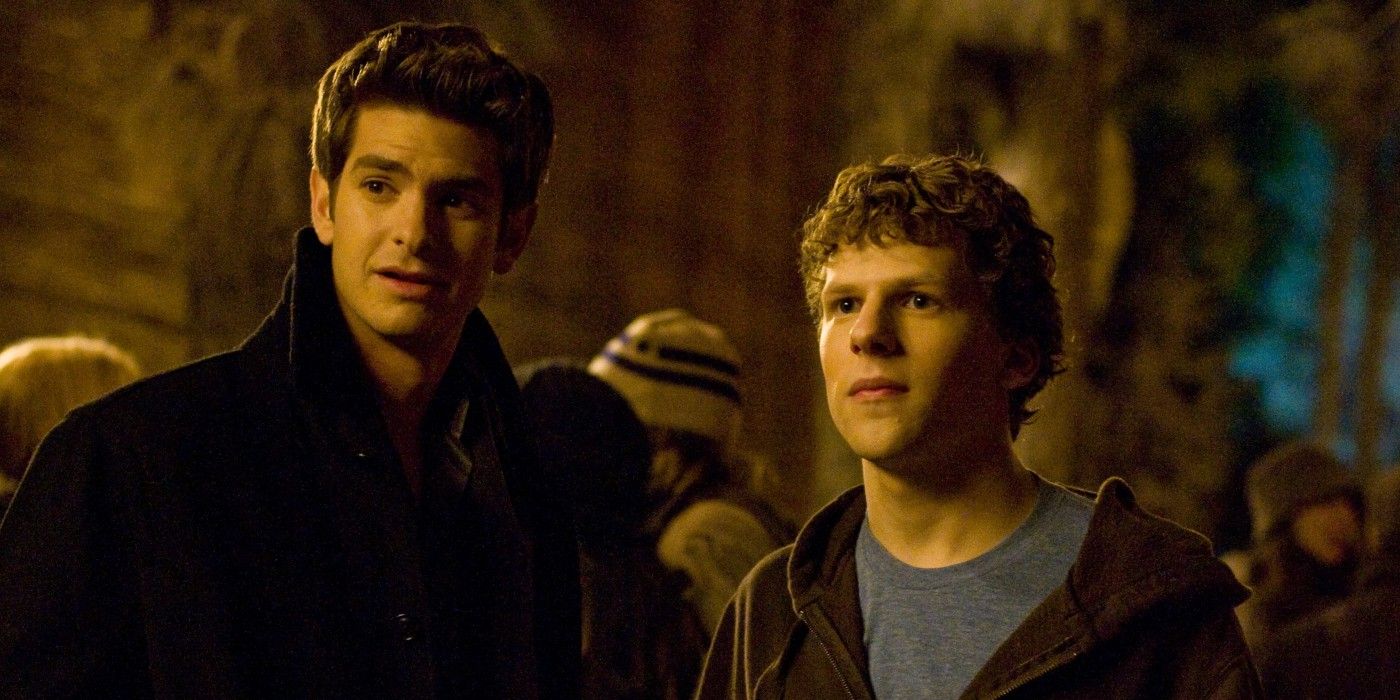
The social network depicts how Facebook became the revolutionary social media sensation when Mark Zuckerberg first came up with the idea in 2003, but it doesn't show what happened to his partner and friend Eduardo Saverin after he was fired from the company. Played by Andrew Garfield in the film, Saverin gave Facebook the seed money and was fully involved in the business. However, creative differences between Saverin and Zuckerberg generated tensions within the company. Once Sean Parker arrived on the scene, Zuckerberg followed his advice more than Saverin's. This led to Saverin's dismissal from Facebook, the end of his friendship with Zuckerberg, and a lawsuit.
Saverin's role in the creation of Facebook is among the greatest The social network is mistaken about what really happened. Saverin's unavailability is what actually got him fired from Facebook. Zuckerberg tasked Saverin with providing funding for the site, setting up the company, making the deal the model, and approving Facebook's reform under Delaware settlement law, which he failed on all accounts because he could not be contacted. He was fired primarily because his unavailability was hurting the company's progress, but even after everything that happened during his time at Facebook, Saverin had a very successful career as a businessman.
Eduardo Saverin founded Aporta and invested in several start-ups
Saverin started B Capital, Qwiki and Jumio
The real life Eduardo Saverin had several successful business ventures following his involvement with Facebook. Among the other companies he co-founded is Aporta, an online donation portal that allows people to donate money to thousands of Mexican nonprofit organizations via credit card, without the hassle. He also founded B Capital, a venture capital firm that supports entrepreneurs in the information technology field. Saverin also invested in Jumio, an online company that automates the online identity verification process, which helps protect customers against fraud and potential identity theft.
Not all of his ventures were successful. Every entrepreneur has their failures, such as investing in Qwiki in the case of Saverin. Qwiki was an automated video production company that allowed its users to turn photos and videos from their camera roll into movies they could share online. After Yahoo acquired it in July 2013, Qwiki was among the products the company shut down in November 2014.
Saverin controversially renounced his US citizenship in 2011
Saverin renounced his citizenship to avoid $700 million in taxes
Eduardo Saverin, a Brazilian, sparked controversy in 2011 when he renounced his US citizenship. In fact, Saverin had lived in Singapore since 2009, but renounced his US citizenship shortly before Facebook made an initial public offering that would make him a multi-billionaire. Doing this helped Saverin avoid $700 million in capital gains taxes. If Saverin re-enters the country, he will be forced to pay his back taxes and could be taxed 30% on any future investments in the US (via CBS News). Saverin has not returned since then and, for reasons quite self-explanatory, appears likely not to return for the rest of his life, pending any pressing matters.
The real Eduardo Saverin has massively increased his net worth in the years since the Facebook lawsuit
Saverin's net worth in 2023 is estimated at $10.8 billion
Eduardo Saverin's investments as a businessman made him a very rich man. Since suing Facebook — he eventually settled on terms that were not disclosed — he has seen his net worth soar to as much as $10.8 billion. Because the terms of the deal were never disclosed, no one knows whether Saverin's high net worth resulted primarily from the amount of money Facebook was responsible for. Saverin has also taken some entrepreneurial steps, such as closing an initial $140 million deal in Asia through B Capital.
Saverin still owns Facebook shares even after suing the company, and the site is currently valued at around $815 billion. Saverin owns two percent of the company, which means that he has about $1.6 billion from Facebook alone. As Saverin's net worth is $10.8 billion, Facebook has proven to be possibly his most fruitful venture, but certainly not the only one that has made him one of the richest billionaires on the planet.
Is Eduardo Saverin still on Facebook?
After parting ways with the company, he seemed to have disconnected for good
Although his long and storied history with Facebook as a company lasted until the 2010s, Eduardo Saverin left the company in 2005. What followed his departure, such as his legal disputes with Mark Zuckerberg, has been well documented in the media and published on The Social Network, which covers Saverin's time at the company until his immediate, animosity-filled departure. However, many wonder if the co-founder continued to use the platform or if he permanently disconnected after leaving the company.
If Eduardo Saverin has or had a personal profile on Facebook, it is understandably well hidden. Many celebrities and public figures use platforms like Facebook under pseudonyms, so that they can maintain contact with their friends and loved ones with some normality, with their public personas being reserved for official profiles, normally managed by a social communications team. Although it is unclear whether Saverin ever had a personal Facebook account (under a pseudonym or not), he did have an official page for his status as a public figure.
THE Eduardo Saverin's official page it was active until 2012, several years after parting ways with the company. It was used by Saverin (or, possibly, his media team) to promote his various investment ventures and business achievements, as well as share several interviews he conducted with publications such as the New York Times. However, the page has not been used to promote its activities for over a decade. While it's tempting to speculate that this could have been due to the various controversies surrounding his relationship with the company, it's more likely that it simply wasn't a worthwhile platform to generate the kind of engagement an entrepreneur like Saverin needs (rather, say, from LinkedIn). ).
Interestingly, Andrew Garfield's stint in the role of Eduardo Saverin led the actor to leave Facebook for good. Talking to HQ as part of the promotion for his 2024 romcom We live in time, Garfield spoke about the experience of researching his The social network role and how much of what he learned, especially about Mark Zuckerberg, led him to delete his account:
I believe I had already gotten over that before reading the script. It just wasn't a place I wanted to be. And it seemed, I think at that time, that Zuckerberg's reputation was being slightly called into question and his intentions. If he had the maturity, access to his own heart and humanity to preside over such a great responsibility, making this new city a square.
I was uncomfortable with it, as I think everyone was and everyone still is. Aaron Sorkin captured the terror of what this person created, the kind of potential toxicity of it. [You] can identify the person's personal wounds and personal fallibility and how that was passed onto the system itself or the platform itself or the product or organization itself that was created
David Fincher's The Social Network chronicles the birth of Facebook and the rise of technology mogul Mark Zuckerberg. Following Zuckerberg (Jesse Eisenberg) as he creates his famous social network together with his friend and investor Eduardo Saverin (Andrew Garfield). As Facebook's popularity grows, Zuckerberg faces legal action from former friends, with the Social Network following his journey from innovative young student to industry titan.
- Release date
-
October 1, 2010
- Execution time
-
120 minutes


